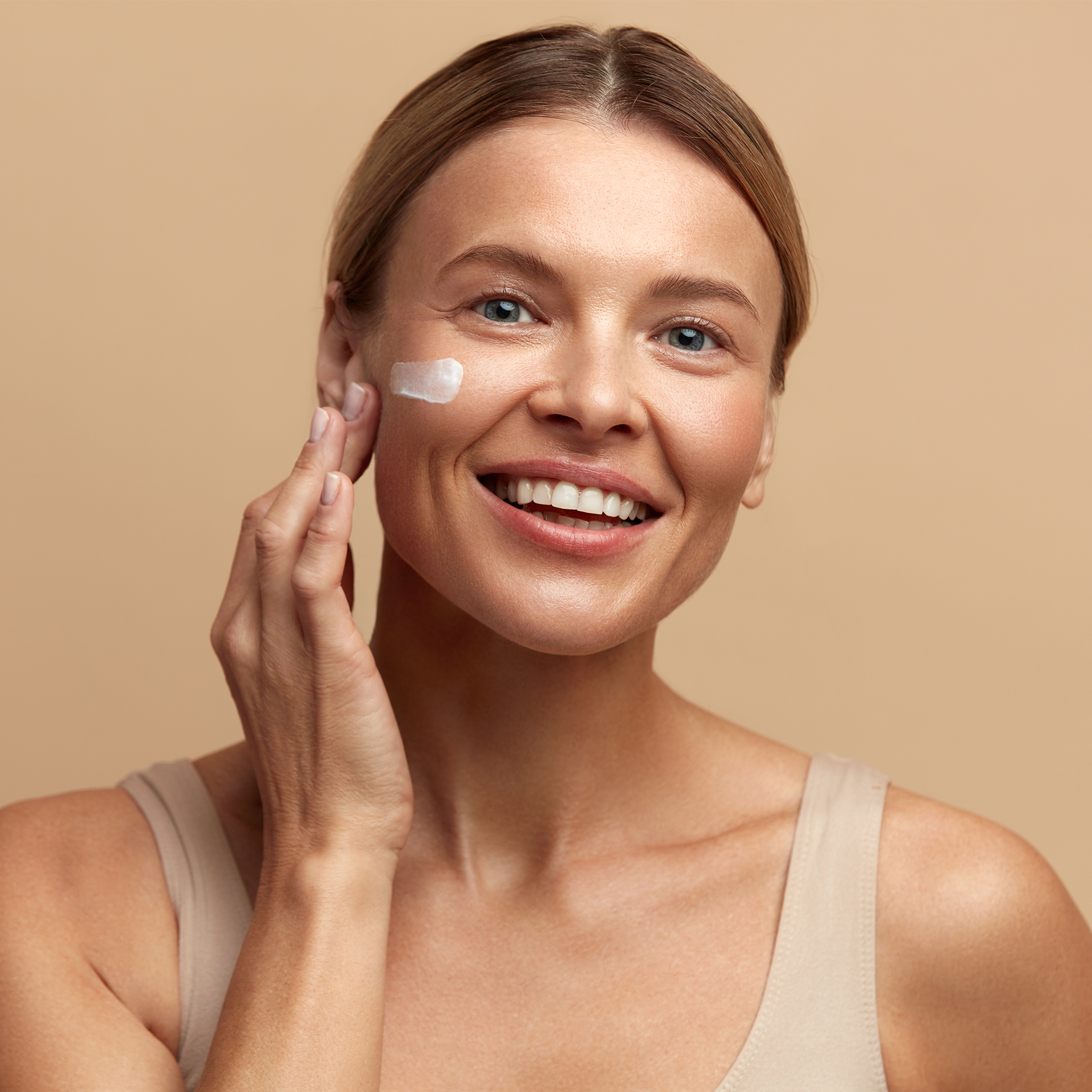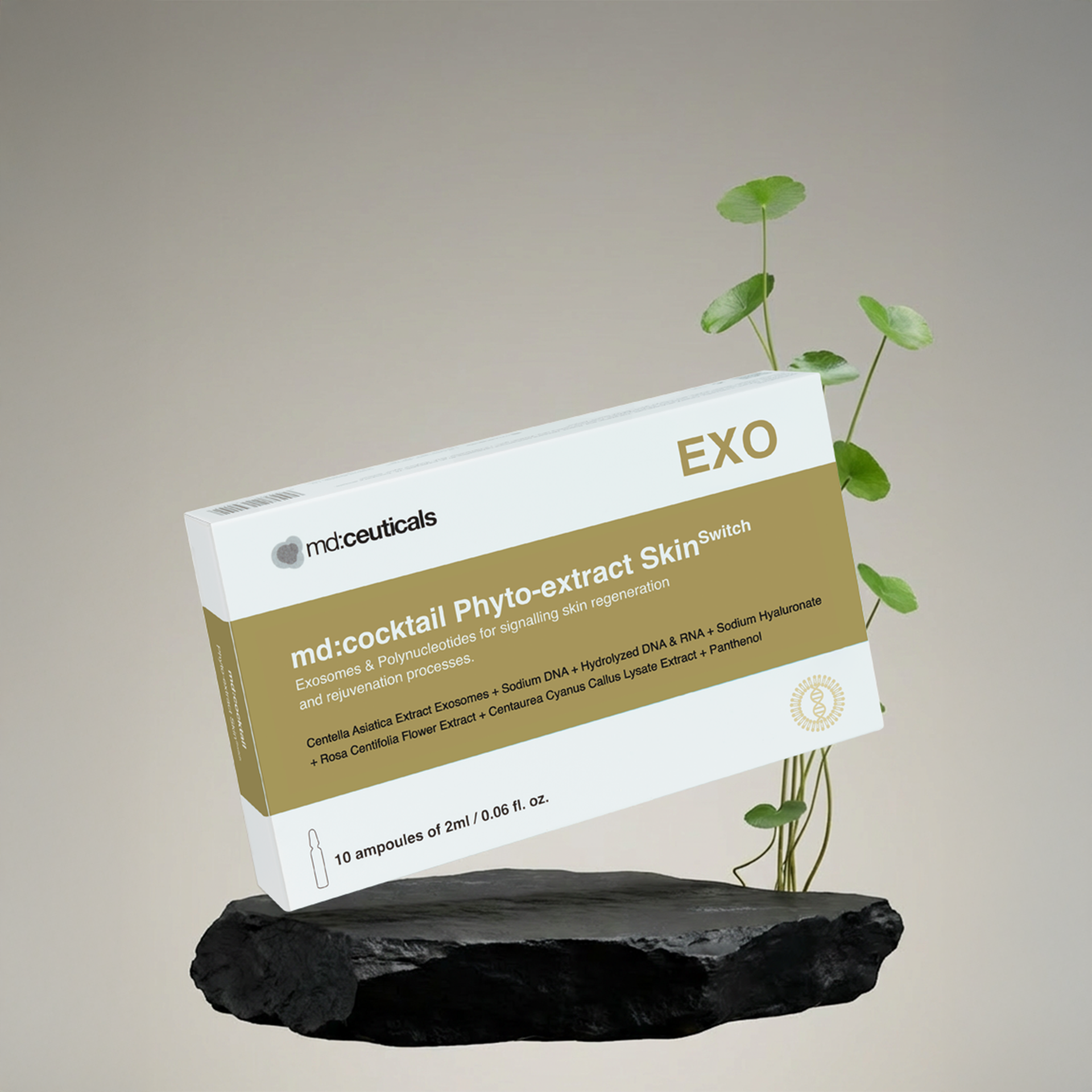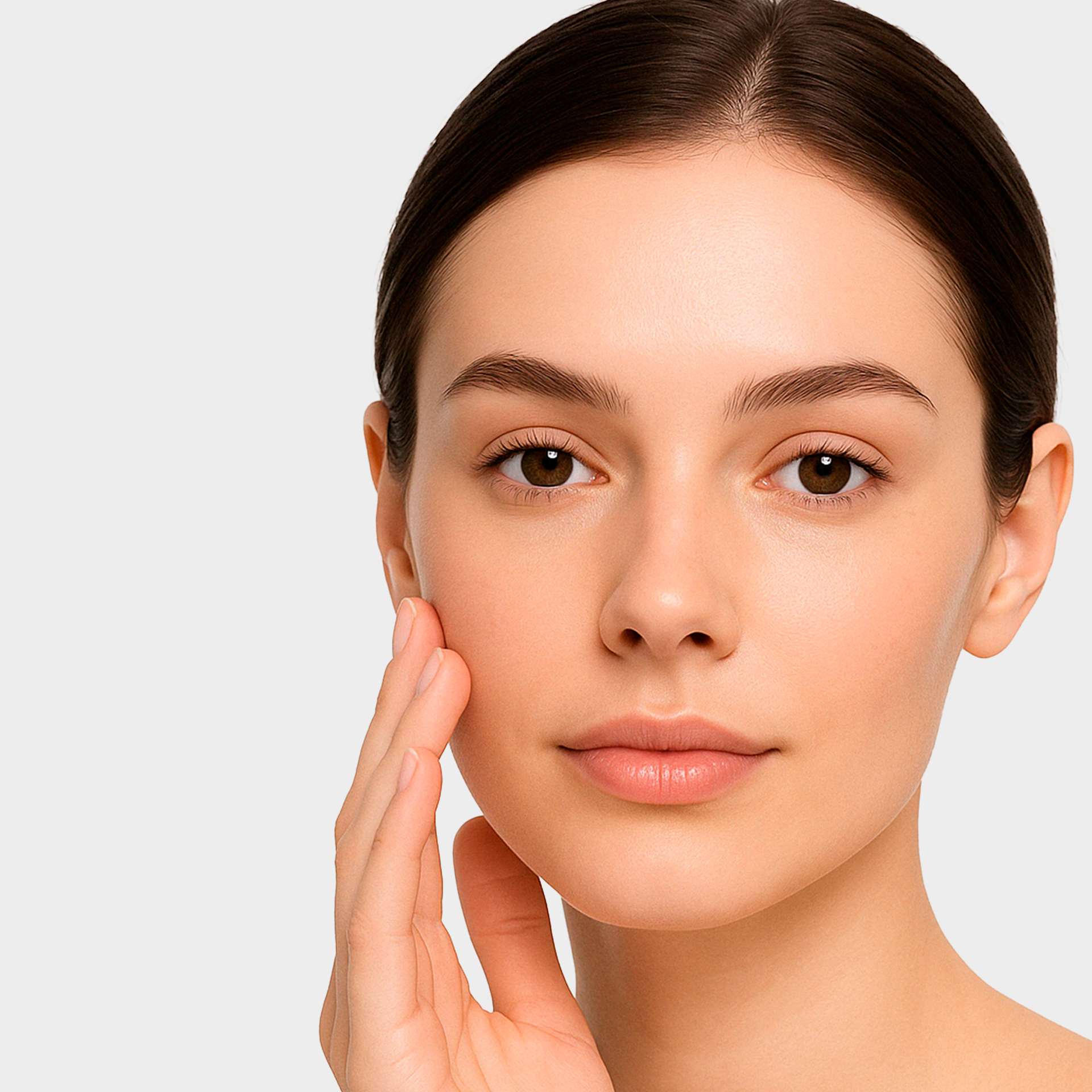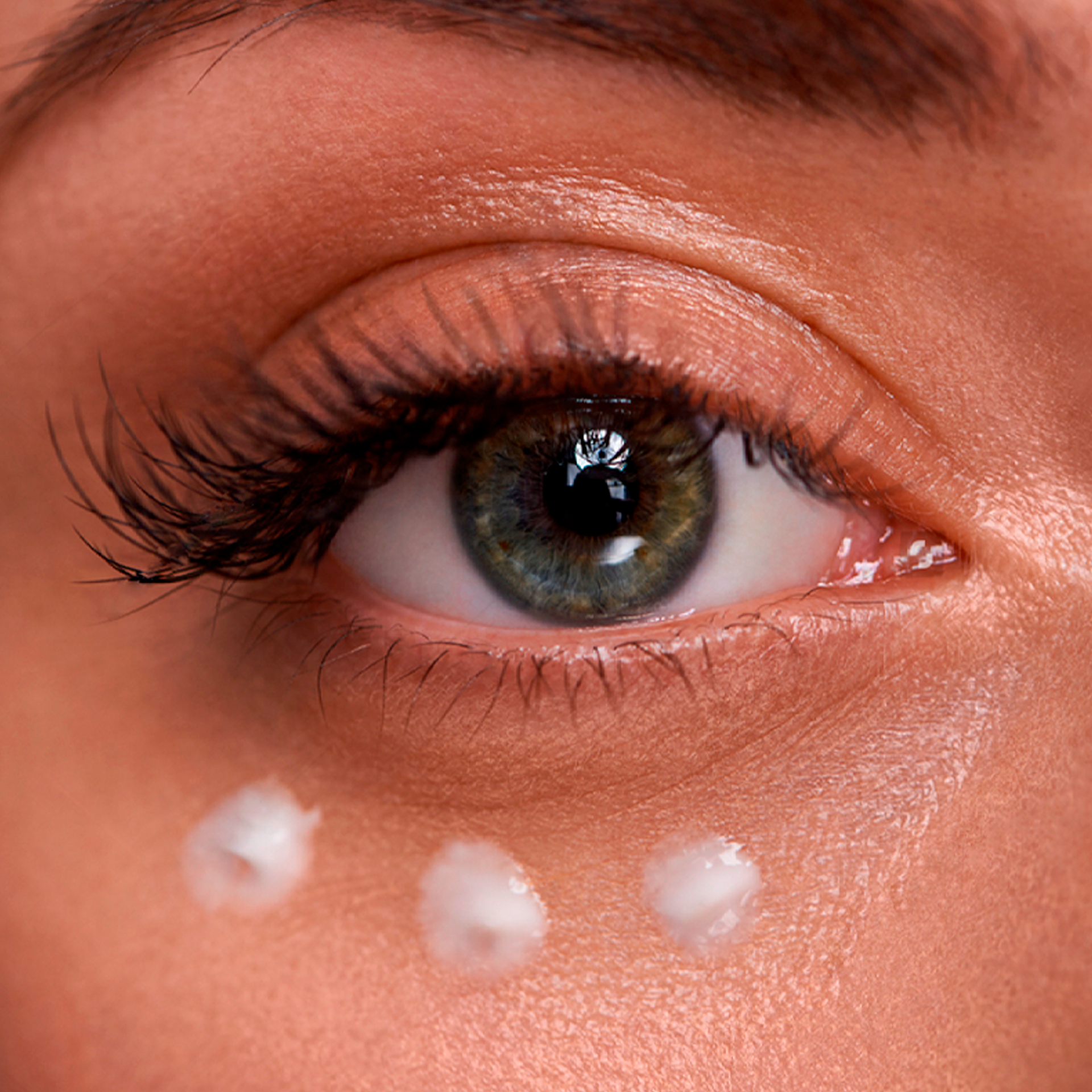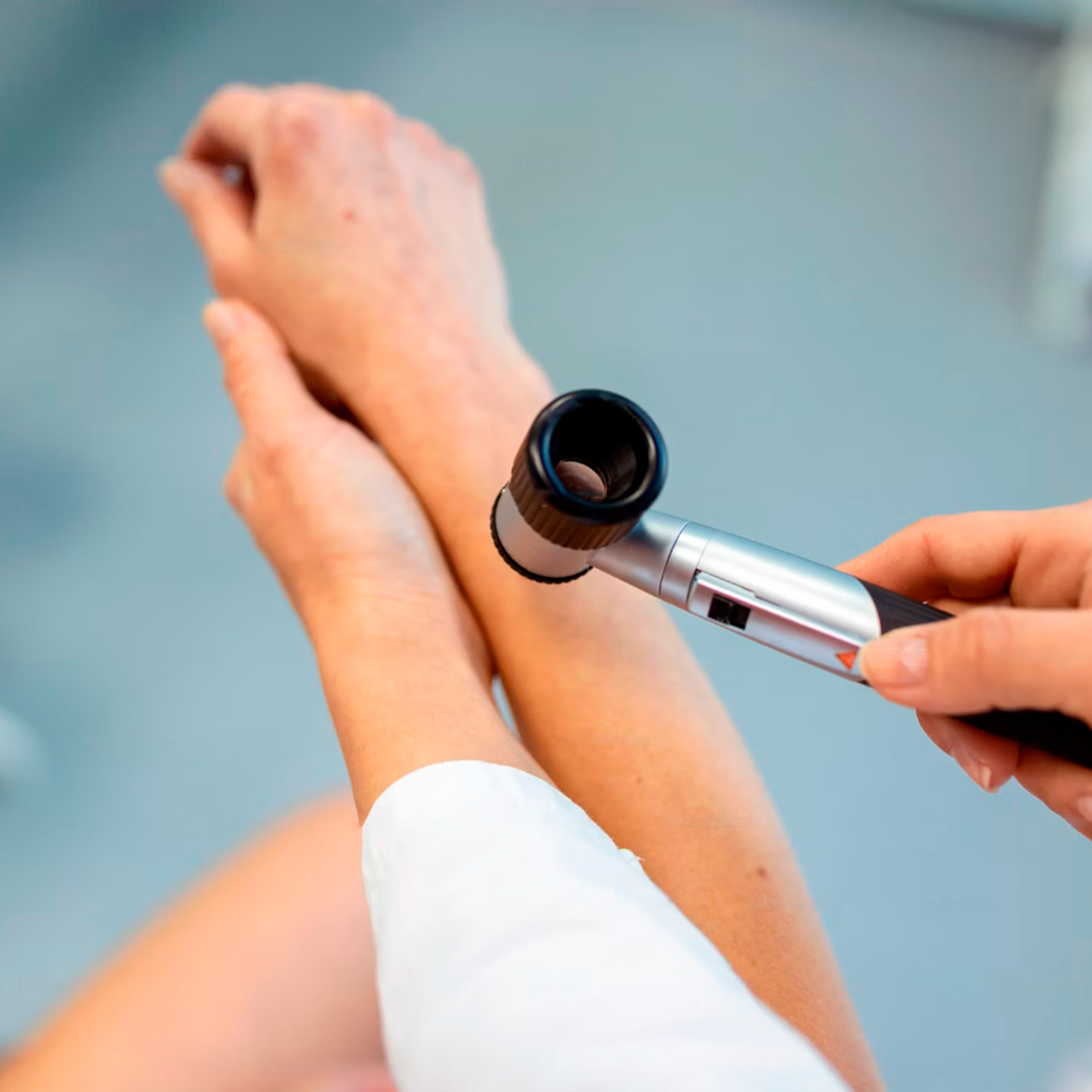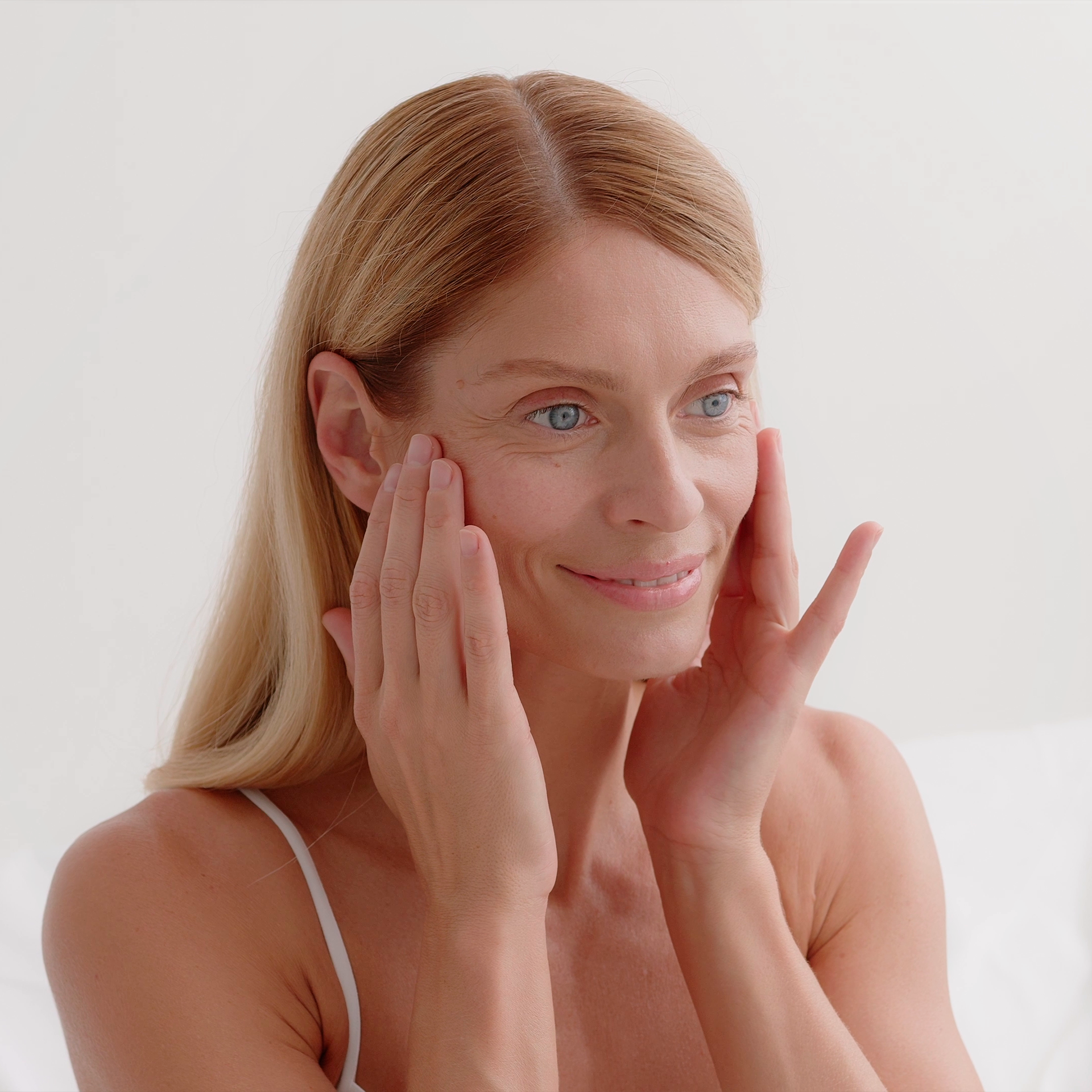Understanding skin microbiome: a fascinating and complex ecosystem that plays a crucial role in maintaining the health and appearance of our skin. As the largest organ of the body, the skin is home to trillions of microorganisms, including bacteria, fungi, viruses, and mites, which coexist in a delicate balance.
Table of Contents
- Introduction
- What is the Skin's Microbiome?
- Why is the Skin's Microbiome Important?
- How to Protect and Nourish Your Skin's Microbiome
- Conclussion
- Sources
Introduction
The skin's microbiome is a fascinating and complex ecosystem that plays a crucial role in maintaining the health and appearance of our skin. As the largest organ of the body, the skin is home to trillions of microorganisms, including bacteria, fungi, viruses, and mites, which coexist in a delicate balance. In recent years, the importance of understanding skin microbiome has gained significant attention in the skincare industry. In this blog, we'll explore what the skin microbiome is, why it matters, and how you can protect it to maintain healthy, radiant skin.
What is the Skin’s Microbiome?
The skin’s microbiome is the collection of microorganisms that live on the surface of the skin. These microorganisms are not just passive residents; they actively contribute to the skin’s health by:
-
Protecting Against Pathogens:
Beneficial bacteria on the skin help to prevent harmful pathogens from taking over by competing for space and resources. They also produce antimicrobial peptides that keep harmful microbes at bay.
-
Maintaining Skin Barrier Function:
The microbiome plays a role in maintaining the skin’s barrier, which protects against environmental damage, dehydration, and irritants.
-
Regulating the Immune System:
The skin microbiome interacts with the immune system to help the body distinguish between harmful and harmless substances, reducing the risk of inflammatory skin conditions like eczema and acne.
Why is the Skin’s Microbiome Important?
A balanced skin microbiome is essential for overall skin health. When the microbiome is in harmony, it helps to keep the skin hydrated, resilient, and capable of healing itself efficiently. However, when this balance is disrupted—by factors such as harsh skincare products, pollution, diet, or stress—the skin can become prone to a range of issues, including:
-
Acne and Breakouts:
An imbalance in the skin’s microbiome can lead to an overgrowth of acne-causing bacteria.
-
Dryness and Irritation:
A disrupted microbiome can compromise the skin’s barrier, leading to dryness, irritation, and increased sensitivity.
-
Inflammation:
An unbalanced microbiome may trigger inflammatory skin conditions like eczema, psoriasis, or rosacea.
How to Protect and Nourish Your Skin’s Microbiome
Protecting and nurturing your skin’s microbiome is key to maintaining healthy skin. Here are some tips on how to care for this vital ecosystem:
-
Use Gentle, pH-Balanced Cleansers:
Avoid harsh soaps and cleansers that strip the skin of its natural oils and disrupt the microbiome. Opt for gentle, pH-balanced cleansers that cleanse without disturbing the skin’s natural barrier.
-
Incorporate Prebiotics and Probiotics:
Prebiotics and probiotics are beneficial for the skin microbiome. Probiotics introduce good bacteria, while prebiotics feed the existing beneficial bacteria. Look for skincare products that contain these ingredients to support a healthy microbiome.
-
Avoid Over-Exfoliation:
While exfoliation is important for removing dead skin cells, over-exfoliation can damage the skin’s barrier and disrupt the microbiome. Stick to gentle exfoliation and avoid using abrasive scrubs too frequently.
-
Protect Your Skin from Environmental Stressors:
Environmental factors like pollution and UV rays can negatively impact the skin microbiome. Use broad-spectrum sunscreen daily and consider using antioxidant-rich skincare products to protect your skin from environmental damage.
-
Maintain a Balanced Diet:
Your diet can influence your skin’s microbiome. A diet rich in fruits, vegetables, and healthy fats can promote a healthy microbiome, while excessive sugar and processed foods can lead to imbalances.
-
Minimize the Use of Harsh Products:
Be cautious with products containing alcohol, sulfates, or strong fragrances, as these can disrupt the skin’s microbiome. Choose products that are formulated to be microbiome-friendly.
Conclusion
The skin’s microbiome is an integral part of overall skin health, and understanding how to protect it can lead to healthier, more resilient skin. By using gentle skincare products, incorporating prebiotics and probiotics, and maintaining a balanced diet, you can support your skin’s natural ecosystem and enjoy a radiant complexion. Remember, a balanced microbiome is the foundation for beautiful, glowing skin.
Sources
- American Academy of Dermatology. (n.d.). How your skin microbiome helps protect you. Retrieved from: https://www.aad.org/public/everyday-care/skin-care-basics/care/skin-microbiome
-
La Roche-Posay. (n.d.). What is the skin microbiome and why is it important? Retrieved from: https://www.laroche-posay.co.uk/article/skin-microbiome-a00134.aspx
-
Eucerin. (n.d.). Microbiome science – balanced skin starts here.
Retrieved from: https://www.eucerin.co.uk/about-skin/basic-skin-knowledge/the-skin-microbiome -
ISDIN. (n.d.). ¿Qué es el microbioma de la piel y por qué es importante? Retrieved from: https://www.isdin.com/es/blog/microbioma-de-la-piel/
-
Verywell Health. (2022). How probiotics may help treat skin conditions. Retrieved from: https://www.verywellhealth.com/probiotics-and-skin-health-5183672
-
Byrdie. (2023). How prebiotics and probiotics benefit the skin microbiome. Retrieved from: https://www.byrdie.com/probiotics-and-prebiotics-in-skincare-5092040
-
City Skin Clinic. (n.d.). The importance of microbiome-friendly skincare. Retrieved from: https://cityskinclinic.com/why-your-skin-microbiome-matters/
- md:ceuticals Official Website. Professional Peeling Solutions. Retrieved from: https://www.mdceuticals.com






